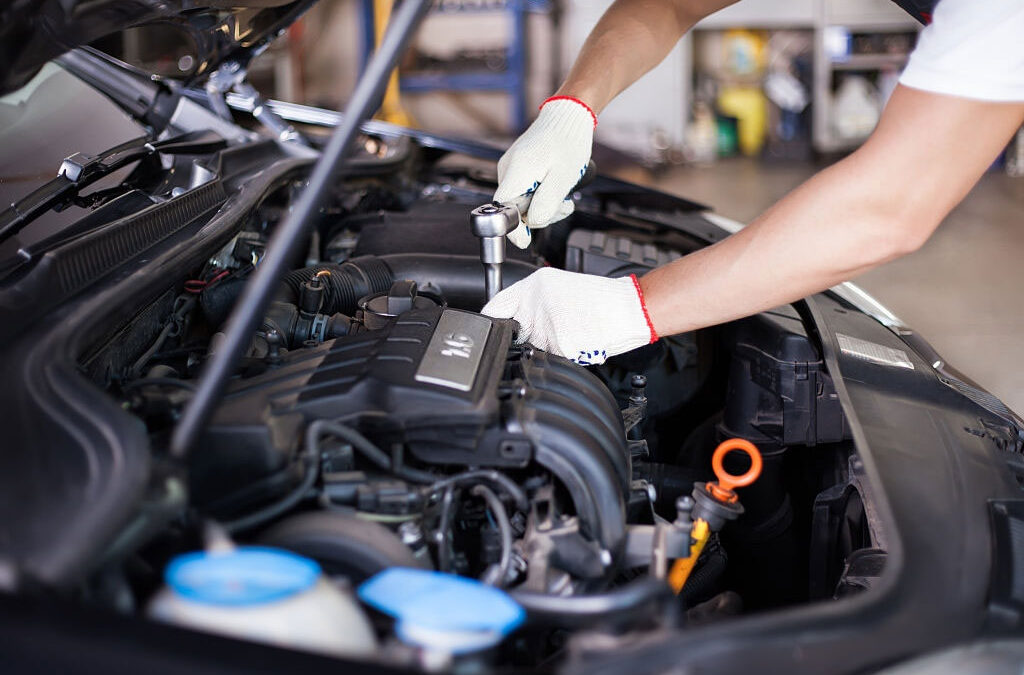Mobile mechanics offer a convenient and cost-efficient option for car owners to get their vehicles serviced. Despite the potential benefits, there are questions as to whether these mechanics are licensed and certified. Additionally, the article will explore the implications of not being appropriately licensed or certified for mobile mechanics.
Licensing Requirements For Mobile Mechanics
Mobile mechanics are specialized service providers who offer on-site repair and maintenance services for cars and other vehicles. The licensing requirements for mobile mechanics vary from country to country, but in general they need to be certified by a recognized automotive organization and have knowledge of the latest technology used in the automotive industry.
In order to be qualified as a mobile mechanic, an individual is required to attend specialized training courses that cover topics such as engine diagnosis, vehicle electronics, and other technical aspects of car repair. After completing the coursework, a person must also pass a certification exam in order to demonstrate their proficiency in these areas. Additionally, many countries require mobile mechanics to obtain business licenses or permits before they can start operating their businesses. Depending on the specific regulations of each country, mobile mechanics may also need to be bonded and insured in order to protect against any potential losses resulting from their work. Furthermore, some jurisdictions may require additional qualifications, such as criminal background checks or drug tests, before granting a license or permit. It is important for prospective mobile mechanics to check with their local authorities regarding the exact licensing requirements in their region before starting work as a mobile mechanic.
Certification Requirements For Mobile Mechanics
The licensing requirements for mobile mechanics vary from state to state, as some states do not require any sort of licensure. However, most states require the mechanic to be licensed and certified in order to practice legally. This usually involves a combination of classroom instruction and on-the-job training and may include a test or exam. Additionally, some states require continuing education credits in order to maintain the license.
Certification requirements are similar to those for licensure but may include additional components such as industry certifications or specializations. In general, certification requires a higher level of knowledge and expertise than licensing does. For example, many organizations offer certifications that demonstrate proficiency in specific areas such as diagnostics or repair techniques. In addition, mechanics can become certified by automaker manufacturer organizations such as ASE (Automotive Service Excellence) or NATEF (National Automotive Technicians Education Foundation). Obtaining certification is often voluntary but can help demonstrate expertise and increase employability in the field.
The licensing and certification requirements for mobile mechanics vary from state to state. In order to legally perform repair work on vehicles, mechanics must have a valid license issued by their local government or the state in which they practice. Additionally, many states now require that mechanics are certified by the National Institute for Automotive Service Excellence (ASE). This means that they must demonstrate a certain level of knowledge and skill in order to be certified.
As such, it is important for consumers to ensure that any mobile mechanic they hire has the necessary credentials and qualifications. By doing so, consumers can rest assured that the services provided will be of the highest quality. Furthermore, it is important for customers to remember that not all mobile mechanics are licensed or certified. Therefore, it is important to always ask questions regarding a mechanic’s credentials before engaging in their services.
If a customer is unsure about a mechanic’s qualifications, they should seek out another provider who has been properly trained and certified in automotive repair. Doing so will ensure that the customer receives reliable service at an affordable price without compromising safety or quality.

